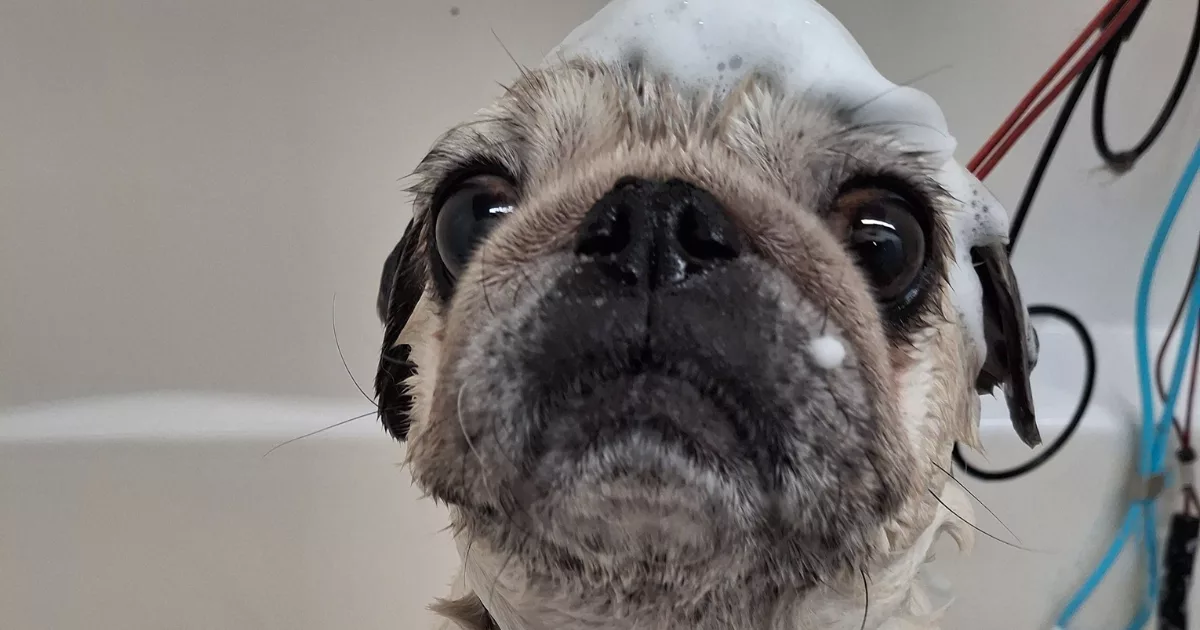

Professional Dog Grooming Services
Relying on professional dog grooming services can greatly enhance your pet’s hygiene and overall well-being. These trained specialists provide personalized care, ensuring your furry friend gets the attention they truly need.
Grooming Requirements for Cats and Dogs.
Understanding the grooming needs of both cats and dogs is key to keeping them healthy and looking their best. Each species has unique care requirements that must be addressed during grooming.
Differences in Grooming Needs
Grooming routines for cats and dogs differ significantly. Dogs usually require more extensive grooming to manage their diverse coat types and shedding patterns. Regular brushing helps prevent matting and reduces shedding in dogs. In contrast, cats are typically more self-sufficient, though long-haired breeds may still need extra help with grooming.
Dogs may need:
Cats may require:
Frequently Asked Questions About Pet Care
Many pet owners have questions about grooming practices and why they matter. This section answers common questions, providing valuable insights into grooming routines and how they affect your pet’s health and well-being.
How Often Should Pets Be Groomed?
The ideal grooming frequency depends on several factors, including the pet’s breed, coat type, and lifestyle. Short-haired pets may only need grooming once a month, while long-haired breeds often require more frequent attention—every two weeks or even weekly. Grooming routines can also vary with the seasons, as some pets shed more during warmer months.
Can Grooming Help With Allergies?
Grooming plays a key role in managing pet-related allergies. Regular brushing helps remove loose hair and dander, which can reduce allergens in the home. Bathing pets with hypoallergenic shampoos may also soothe skin irritation and minimize allergy triggers. Pet owners with allergy concerns are encouraged to consult a professional groomer or veterinarian for personalized grooming strategies.
What Should I Do If My Pet Hates Being Groomed?
Pets that dislike grooming may need special care to ease their anxiety. Here are some helpful strategies to consider:
Patience and consistency can make a big difference in how your pet responds to grooming over time.
Categories
2 Responses
Charly’s Pet World in Alhambra, California, offers a wide range of products and services for pets. They provide grooming and boarding services to ensure your animals are well taken care of. The store also sells various pets, including birds, snakes, hamsters, and turtles. It’s a great place for pet lovers to find everything they need in one location. Do they also offer any training services for pets? WordAiApi
Thanks for your comment! We’re not offering training services at the moment